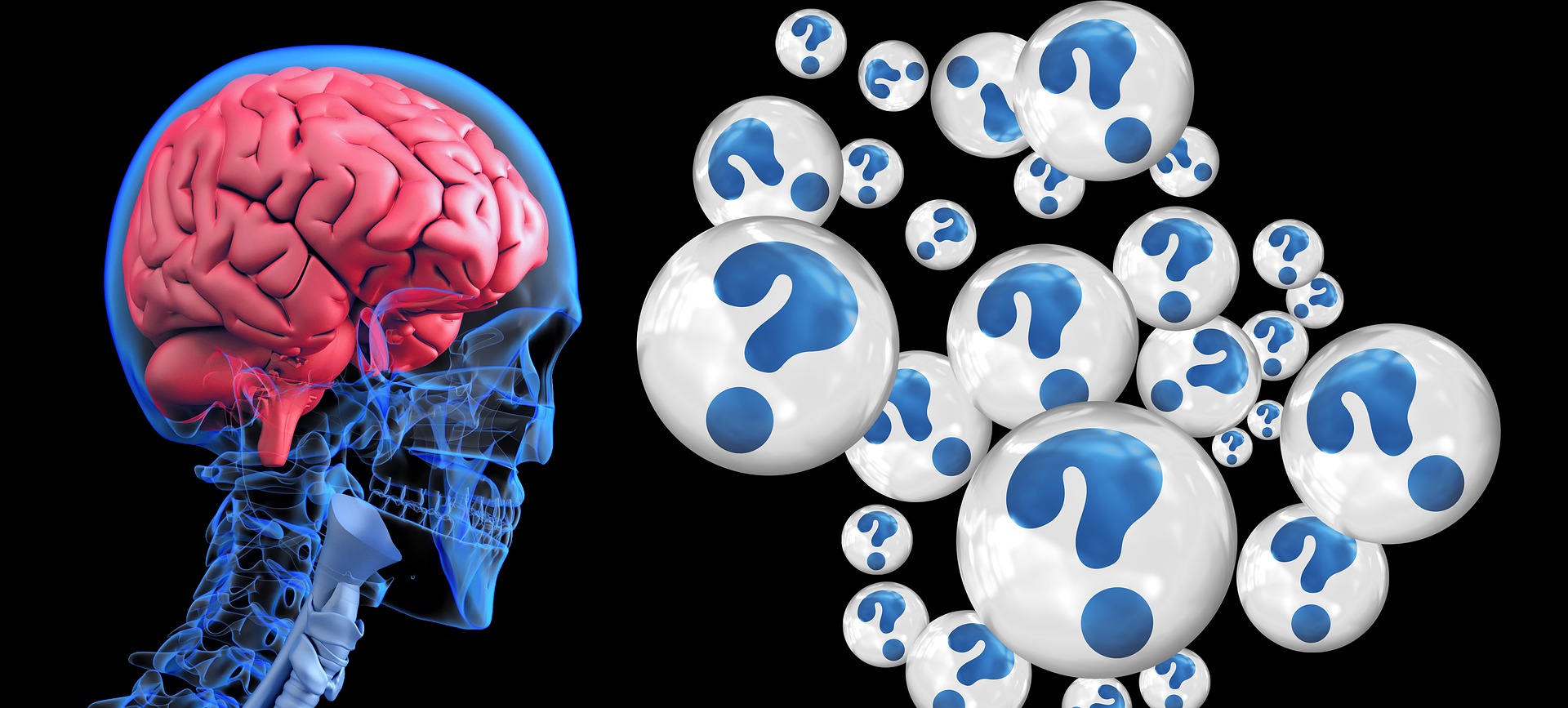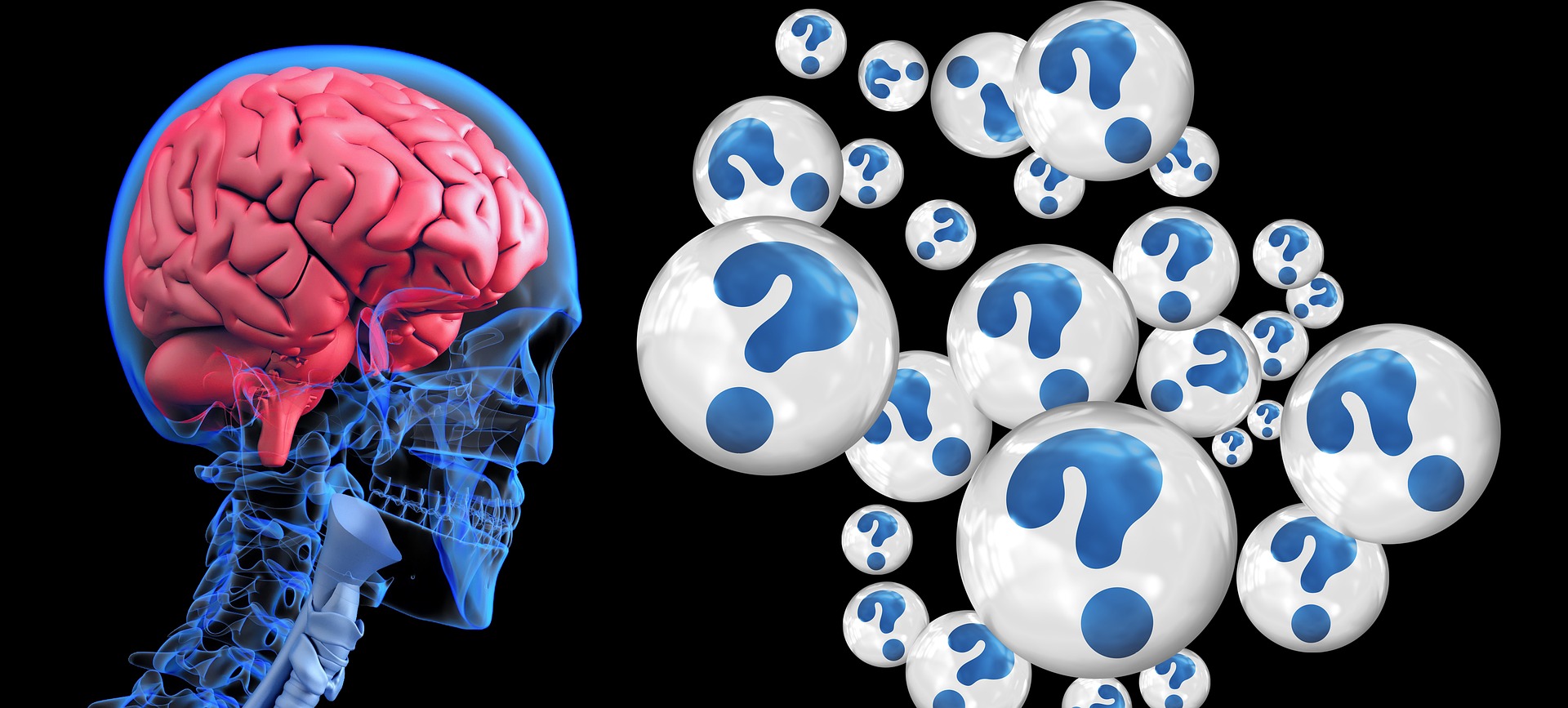One of my symptoms of fluoroquinolone toxicity was memory loss. For a while, I lost my short-term memory, and I struggled to remember basic information and tasks. I also felt as if I lost my reading comprehension, and I struggled to remember what I had read shortly after I read it. Completing work-tasks that had previously been easy was suddenly difficult, and I struggled to do my job.
I felt stupid and incapable, and I worried that I now WAS stupid and incapable.
It was horrible. The loss of mental capacity was the most worrying and anxiety-inducing symptom of fluoroquinolone toxicity that I experienced. I was worried about my body–going from being able to do Cross-Fit to barely being able to walk was scary–but I was more worried about my mind. I could cope with not being fit, but I couldn’t deal with being stupid. And I felt stupid.
Over time, my memory and reading comprehension improved. The post, Healing my Brain After Cipro, lists the things that helped me. I am now able to function mentally. My memory and reading comprehension are adequate enough to do my job, and I don’t think that I come off as a total nitwit when I converse with people.
I still worry a bit about my mental capacity though. So much time has passed since I took Cipro–I got floxed 6 years ago, at the end of 2011–that it is difficult to tell how much of my perceived reduced mental capacity is due to getting floxed, getting older, spending way too much time on the internet, eating foods that are inflammatory, lack of mental stimulation, or some other factor.
I tend to blame the internet, and my mild (or not-so-mild) addiction to Facebook, for a good portion of my memory and attention-span loss, and studies seem to back-up my hunch that the constant dopamine hit that social media gives us isn’t actually good for our brains–especially our memories or attention spans. I read The Shallows: What the Internet Is Doing to Our Brains by Nicholas Carr to learn more about, and reinforce, this notion.
I expected The Shallows to provide information about the deleterious effects of the internet on my brain (that IS the premise of the book), but I didn’t expect it to link antibiotic use to memory loss. Yet… this quote jumped off the pages:
“In the 1960s, University of Pennsylvania neurologist Luis Flexner made a particularly intriguing discovery. After injecting mice with an antibiotic drug that prevented their cells from producing proteins, he found that the animals were unable to form long-term memories (about how to avoid receiving a shock while in a maze) but could continue to store short-term ones.”
An antibiotic kept the mice from forming long-term memories! Whoa!
The antibiotics used in the referenced study weren’t fluoroquinolones, but still…. it’s an interesting connection, and I wonder if the link between antibiotic use and memory (or memory loss, or memory formation/lack of memory formation) has been studied further.
I experienced difficulty forming memories after taking Cipro/ciprofloxacin, and I have heard from many others who have had similar experiences. I wonder how wide-spread, or significant, this problem is. I don’t believe that the effects of fluoroquinolones on human memory formation has ever been studied. It should be studied though. Our cognitive abilities–especially our ability to form meaningful memories–are at the base of both our intelligence and our humanity. Wouldn’t it be horrifying for antibiotics that are given out by the handful to millions of people each year, to be deleteriously affecting our memory formation, our intelligence, and even our humanity? Ugh. That’s a somewhat horrifying thought. I appreciate that some mouse studies have been done though, and the connections are always interesting, even when they are scary. Maybe someday we’ll have more information about the significance of these connections. I hope so, even if the information is frightening.













… [Trackback]
[…] Read More Info here on that Topic: floxiehope.com/fq-antibiotics-and-memory/ […]
… [Trackback]
[…] Find More on that Topic: floxiehope.com/fq-antibiotics-and-memory/ […]
… [Trackback]
[…] Information to that Topic: floxiehope.com/fq-antibiotics-and-memory/ […]
… [Trackback]
[…] Read More to that Topic: floxiehope.com/fq-antibiotics-and-memory/ […]
… [Trackback]
[…] Here you will find 43289 additional Info on that Topic: floxiehope.com/fq-antibiotics-and-memory/ […]
… [Trackback]
[…] Find More to that Topic: floxiehope.com/fq-antibiotics-and-memory/ […]
… [Trackback]
[…] Find More Information here on that Topic: floxiehope.com/fq-antibiotics-and-memory/ […]
… [Trackback]
[…] Find More here on that Topic: floxiehope.com/fq-antibiotics-and-memory/ […]
… [Trackback]
[…] Find More to that Topic: floxiehope.com/fq-antibiotics-and-memory/ […]
… [Trackback]
[…] There you can find 52712 more Information to that Topic: floxiehope.com/fq-antibiotics-and-memory/ […]
… [Trackback]
[…] Info to that Topic: floxiehope.com/fq-antibiotics-and-memory/ […]
… [Trackback]
[…] Find More Information here to that Topic: floxiehope.com/fq-antibiotics-and-memory/ […]
… [Trackback]
[…] Read More Information here to that Topic: floxiehope.com/fq-antibiotics-and-memory/ […]
… [Trackback]
[…] There you will find 95025 additional Info on that Topic: floxiehope.com/fq-antibiotics-and-memory/ […]
… [Trackback]
[…] Information on that Topic: floxiehope.com/fq-antibiotics-and-memory/ […]
… [Trackback]
[…] Here you will find 59640 additional Information on that Topic: floxiehope.com/fq-antibiotics-and-memory/ […]
… [Trackback]
[…] Read More to that Topic: floxiehope.com/fq-antibiotics-and-memory/ […]